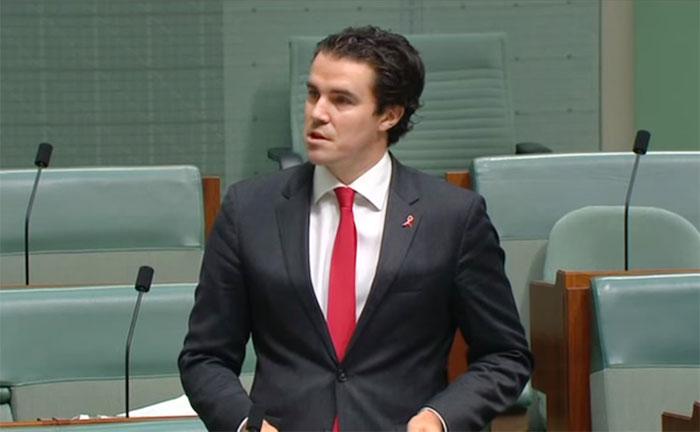Australia pushing for trade and investment framework arrangement
Tim Watts
Source:Island
Australia is seeking trade and investment framework arrangement with Sri Lanka. Australian Assistant Minister for Foreign Affairs Tim Watts, MP, who is in Colombo for the Indian Ocean Rim Association (IORA) Council of Ministers said that their growing economic ties with Sri Lanka would be enhanced through the signing of a renewed Trade and Investment Framework Arrangement. The Assistant Minister said that the move would also support economic recovery.
The following is the text of a statement issued by the Australian HC, Colombo: “Australia’s prosperity and security is intimately tied to the Indian Ocean.
We have a strong interest in an Indian Ocean region that is peaceful, stable and prosperous, where countries of the region can cooperate, trade and thrive. While in Sri Lanka, I will represent Australia at the 23rd meeting of the Indian Ocean Rim Association (IORA) Council of Ministers. We will discuss maritime safety and security, the blue economy, climate change, and the IORA Outlook on the Indo-Pacific.
At this meeting, Sri Lanka will take up the IORA Chair for the next two years. Australia looks forward to supporting Sri Lanka throughout its term as Chair.
Australia and Sri Lanka share enduring business, education, development, sporting and cultural links. We also share close people-to-people links, with over 130,000 people of Sri Lankan heritage contributing to the vibrancy of modern Australia.
While in Sri Lanka, I will also renew a sports cooperation memorandum of understanding. Sport is a great passion that links our countries.
Our growing economic ties with Sri Lanka will be enhanced through the signing of a renewed Trade and Investment Framework Arrangement, which will also support economic recovery.
Our development program is assisting Sri Lanka’s inclusive economic growth, in sectors such as agriculture, aquaculture and tourism.
I will also discuss with Sri Lankan counterparts how we can work together to meet shared challenges like climate change and transnational crime.”








